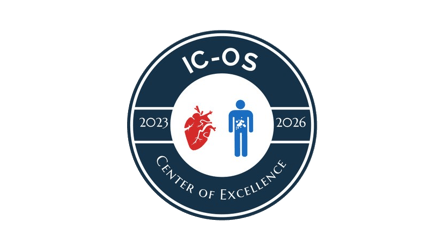Minimizing Heart Damage Caused During Cancer Care
Receiving a cancer diagnosis and going through cancer treatment is life-altering for many patients. Unfortunately, unexpected cardiac complications can arise as a result of cancer treatments in some cases. These complications can affect patients with no known heart disease risk factors and individuals with health issues unrelated to cancer.
Rochester Regional Health?s cardio-oncology team is committed to working with patients and advising them before, during, and after cancer treatment to help prevent and minimize heart damage caused by chemotherapy and radiation.
To schedule an appointment, please call (585) 450-8630
Risk Factors
Several risk factors can play a role in increasing the likelihood of complications, such as health history and age. Others include:
- History of heart disease that preceded a cancer diagnosis
- Family history of heart disease
- Having risk factors for heart disease, such as:
- Diabetes
- High blood pressure
- High cholesterol
- Obesity
- Tobacco use
- Receiving higher doses of chemotherapy or radiation therapy
Signs of Complications
It?s important to pay attention to how your body is reacting to treatment, and notify your physician or care team if you experience the following symptoms:
- Discomfort or pain in the chest
- Fatigue
- Lightheadedness or dizziness
- Shortness of breath
- Swollen hands or feet
Lifestyle adjustments can address the risk factors of heart disease and help lessen the odds of cardiac complications. Our physicians actively promote these changes, regardless of your risk factors:
- Exercise regularly
- Health management (blood pressure, cholesterol, stress, and weight)
- Proper nutrition
- Stop smoking
If you are experiencing any signs or complications, please call (585) 450-8630.
Your Heart Matters, Too
Cancer treatments can take a serious emotional toll on patients and their loved ones. It?s important to keep in mind that not all cancer treatments cause heart problems, and not everyone who receives cancer therapies will end up with complications.
Reduce your risk of heart problems
- Discuss your heart health with your care team
- Ask whether cancer treatments you?ve had or will have can affect your heart
- Stay informed of certain factors that can increase your chances of complications
- Keep a log of the dose and length of your cancer treatments
- Ask about regular heart check-ups after treatment and other ways you can stay proactive

